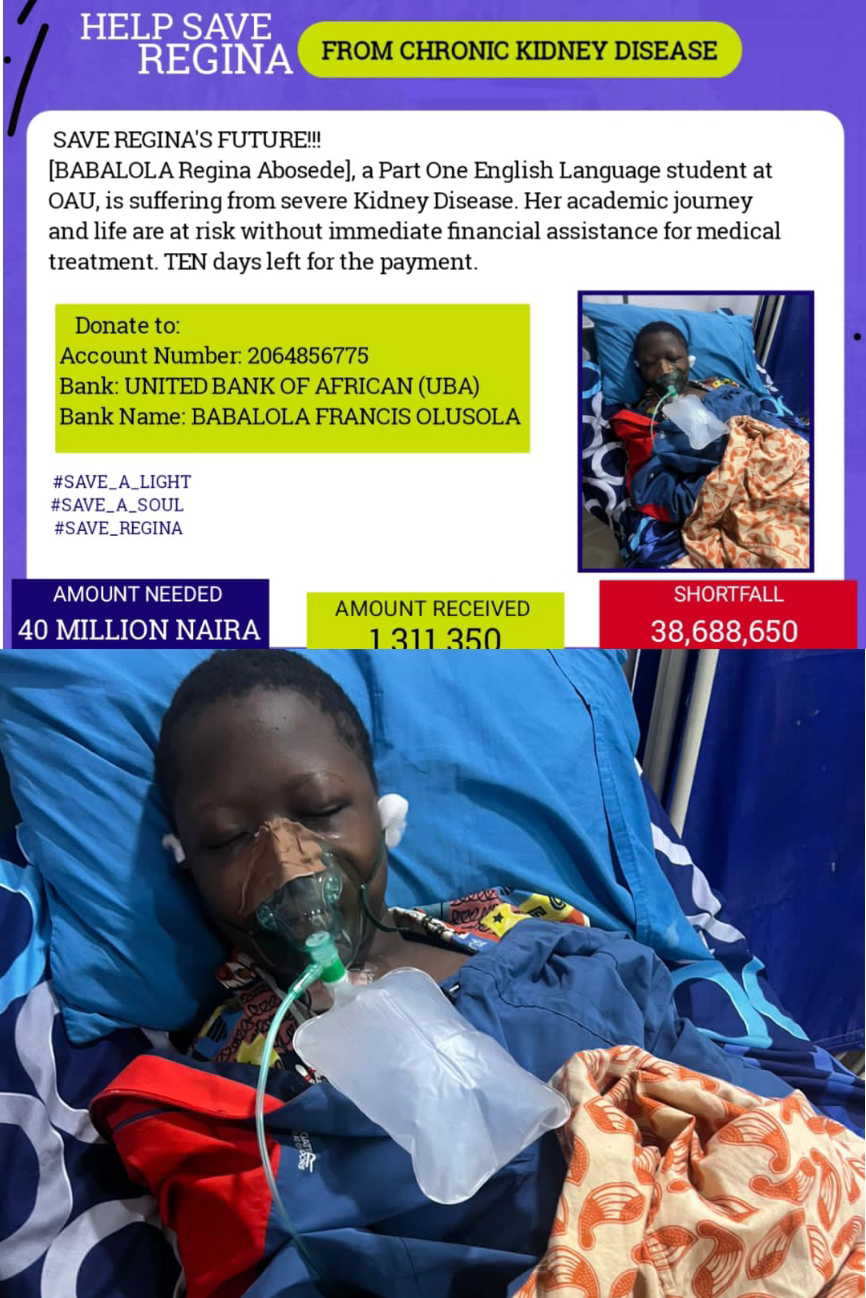Recent Report shows that Nigerians Trust Bitcoin for Financial Security than Banks
Adedoyin Oguntade
A recent report by Elastos, an open-source blockchain website, indicates that Nigerians show greater faith in Bitcoin-based systems over traditional options like banks. The BIT (Bitcoin; Innovation and Trust) Index highlights that countries like Nigeria and the United Arab Emirates (UAE) are at the forefront of Bitcoin adoption, with a significant percentage of respondents favoring Bitcoin for transactions and safeguarding savings, compared to counterparts in countries like Germany and the UK.
The platform gathered research data from 1,407 individuals who are knowledgeable about technology in countries like Brazil, Germany, Nigeria, South Korea, the UAE, the UK, and the US. The interviews were conducted by a reputable market research firm from March 30 to April 4, 2024. In terms of online transaction security, respondents from developing markets expressed higher trust in Bitcoin over other options.
Nigerians trust in Bitcoin for financial security is as a result of;
1. People's constant outlook for opportunities to hedge against the devaluation of the naira and the persistent economic decline since COVID.
2. Crypto tokens monetary value being pegged to protect from wild volatility.
The report indicates that a high percentage of Nigerian and Brazilian participants favor Bitcoin-based systems over traditional options like banks and governments, whereas only a small percentage in countries like Germany and the UK share this sentiment. Jonathan Hargreaves from Elastos views these findings as highlighting the increasing role of regions like the 'global south' in embracing decentralized currencies like Bitcoin. Chainalysis reported a significant increase in Nigeria's crypto transaction volume to $56.7bn in 2023, showcasing the country's growing crypto economy despite market challenges.
In contrast, the Nigerian government has been implementing strict measures to regulate cryptocurrency exchanges due to concerns about their impact on the national currency and potential involvement in illicit financial activities.




Comments
Post a Comment